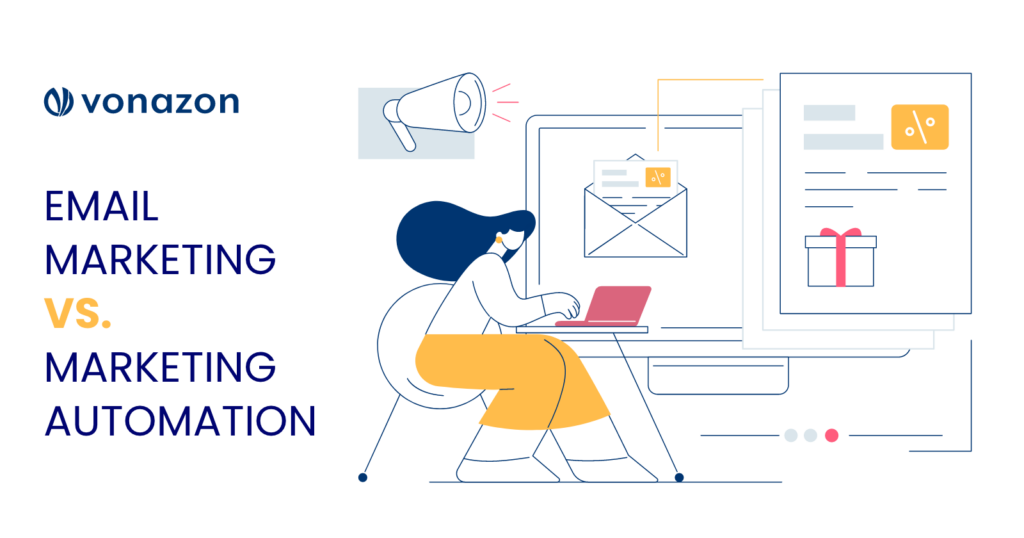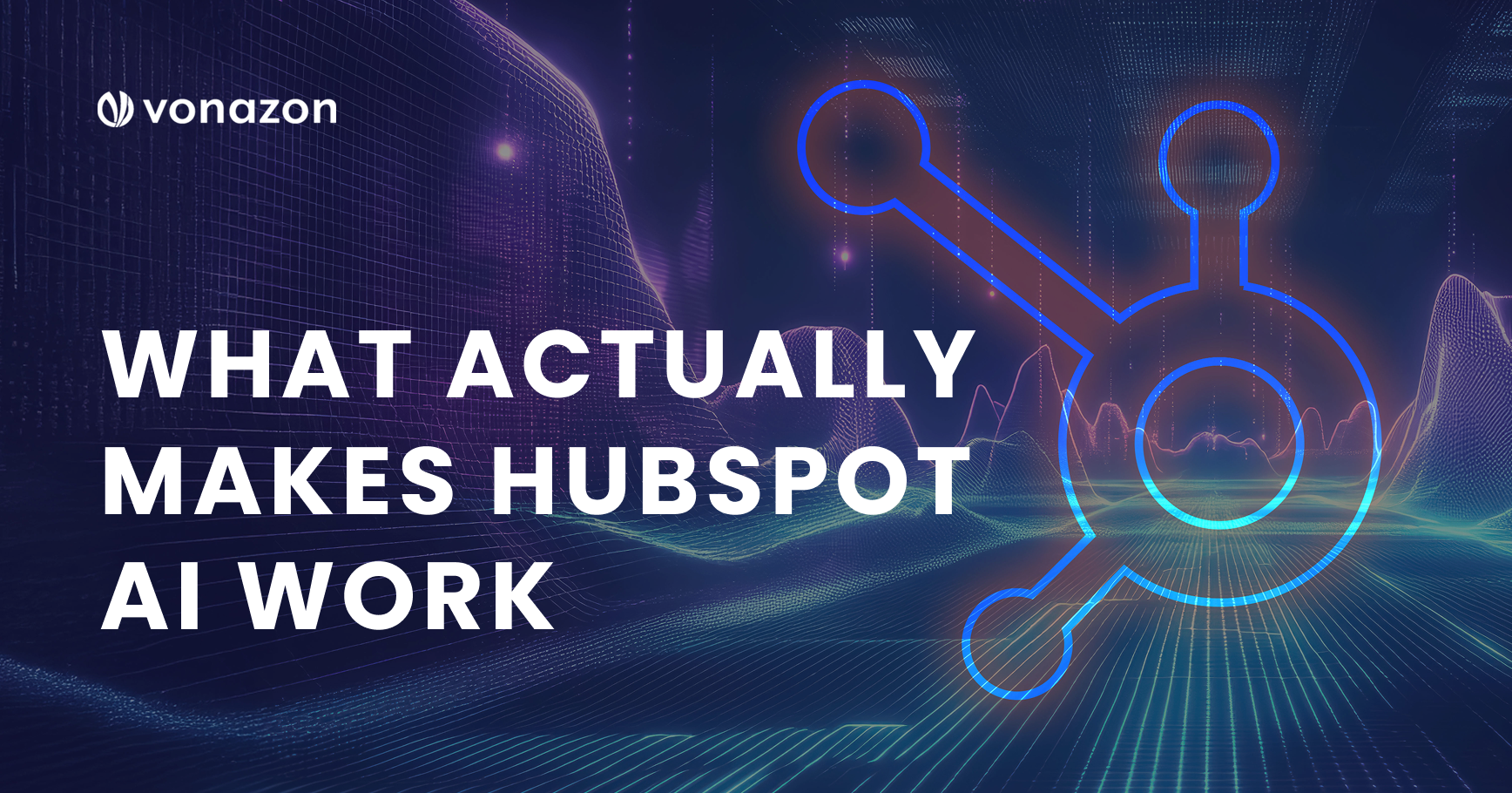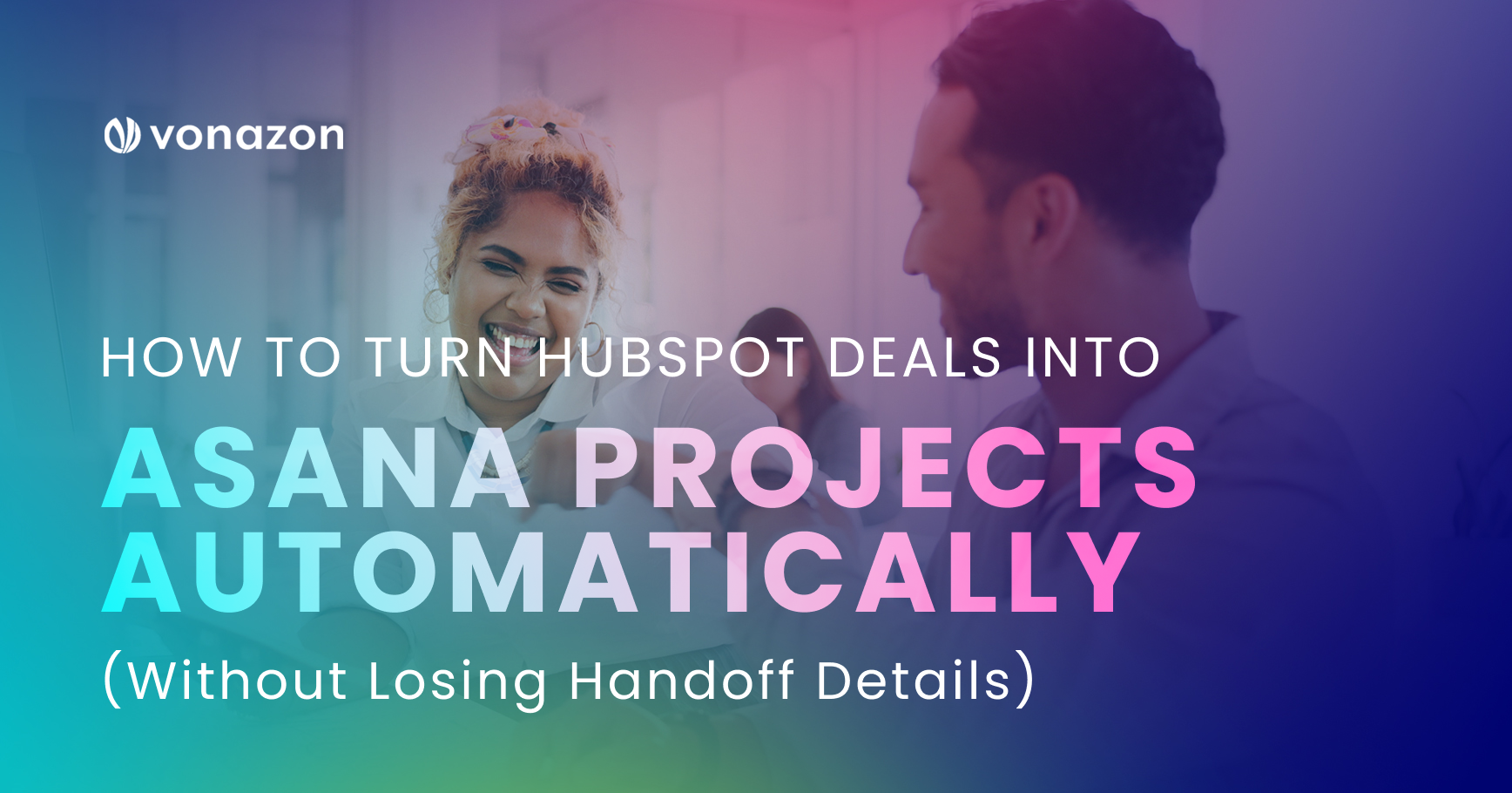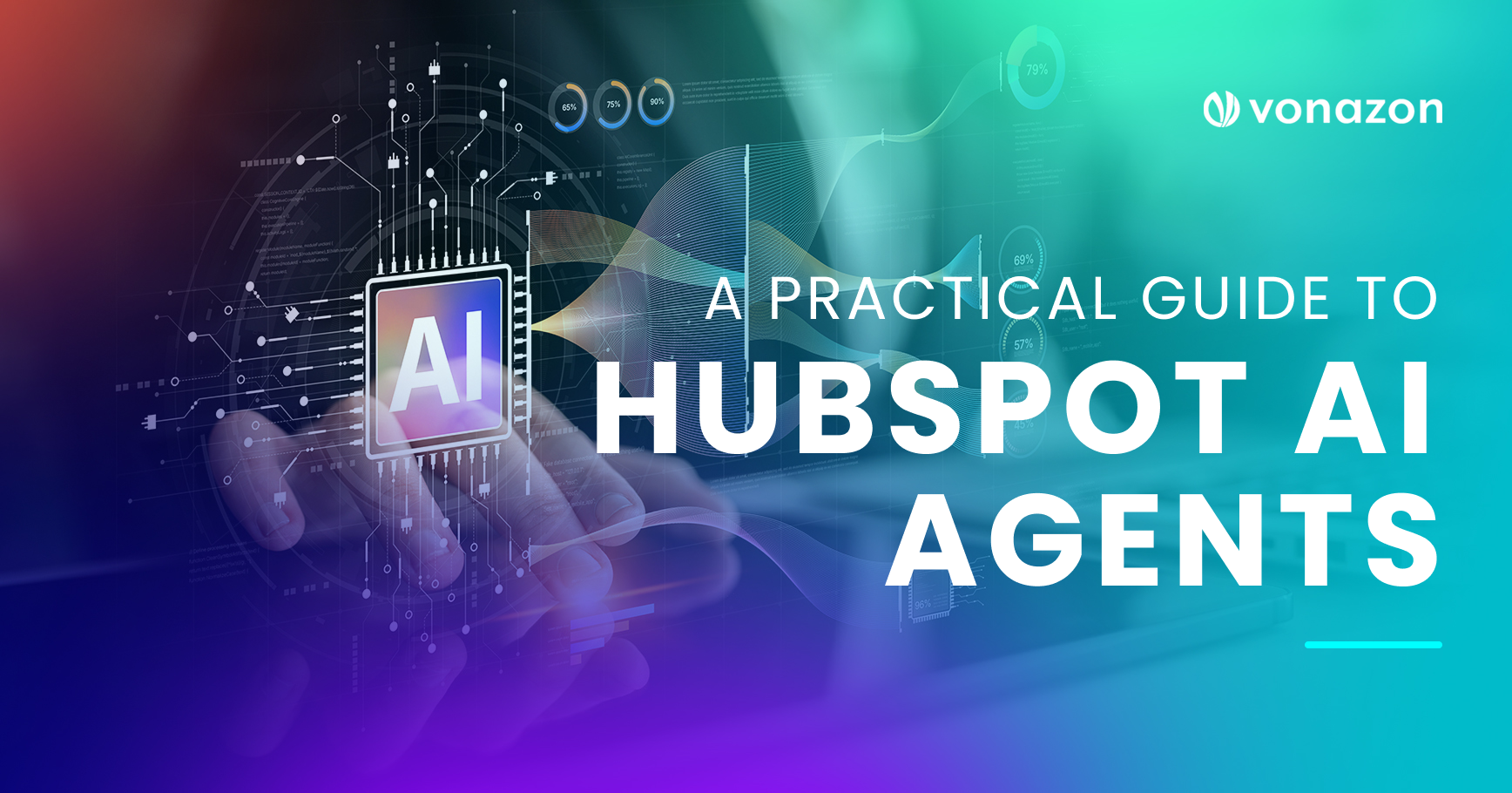Email Marketing vs. Marketing Automation
When it comes to digital marketing, choosing between email marketing vs marketing automation is like deciding between coffee and espresso. Both give you the boost you need, but one offers a quick pick-me-up, while the other provides a more potent, multi-layered experience.
Whether you’re a small business owner or a seasoned marketer, understanding the differences and benefits of each approach is crucial to crafting a strategy that suits your goals. So, grab your favorite brew, settle in, and let’s explore the unique strengths of email marketing vs marketing automation—and figure out which one is your perfect match.
What’s the Difference Between Email Marketing and Marketing Automation?
Before we get into the nitty-gritty, let’s go over what each of these marketing techniques involves.
Email marketing is what it sounds like—using email to send marketing messages to a list of subscribers. It’s been around since the early days of the internet, and despite the rise of social media and other channels, it’s still one of the most effective ways to reach your audience.
Marketing automation, on the other hand, is like email marketing on steroids. It’s a broader strategy that uses software like HubSpot and Salesforce to automate repetitive marketing tasks. This includes email, but it also extends to social media posting, lead nurturing, customer segmentation, and other critical marketing jobs.
The Strengths of Email Marketing
Email marketing is like that trusty old car that’s been with you through thick and thin. It’s reliable, straightforward, and gets the job done. The biggest strength of email marketing is its simplicity. Platforms like Mailchimp and Constant Contact make it incredibly easy to create and send email campaigns to your subscribers. You can track open rates, click-through rates, and run A/B tests to see which subject lines resonate the most with your audience.
Another advantage of email marketing is its cost-effectiveness. If you’re a small business or a startup, email marketing is a great way to reach a large audience without breaking the bank. You can start with a free plan and upgrade as your needs and audience grows. Plus, with email, you have a direct line to your customers. There’s no algorithm deciding whether your message gets seen—if it’s in their inbox, they’ll at least glance at it.
The Power of Marketing Automation
While email marketing is great for sending out newsletters and promotions, marketing automation takes things to a whole new level. It’s like upgrading from that trusty old car to a sleek new sports car—it’s faster, more efficient, and packed with features that make your life easier and more exciting.
With marketing automation, you’re not just sending emails—you’re creating personalized customer journeys. Platforms like HubSpot, Marketo, and Salesforce allow you to automate a series of actions based on user behavior. For example, if a customer visits your pricing page but doesn’t make a purchase, you can automatically send them a follow-up email with a special discount. If they still don’t bite, you can retarget them with a personalized ad on social media.
Another huge benefit of marketing automation is segmentation. Instead of blasting the same message to your entire list, you can segment your audience based on various criteria—like purchase history, engagement level, or demographics—to send highly targeted messages that resonate with each group.
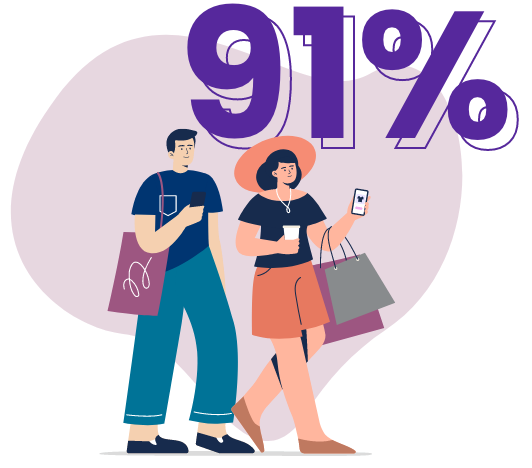
This level of personalization has proven to be invaluable, as 91% of modern consumers say they are more likely to shop with brands that provide offers and recommendations that are relevant to them.
Our Favorite Email Marketing and Marketing Automation Platforms
Now that we’ve covered the basics, let’s talk about some of the platforms that make email marketing and marketing automation possible. Here’s a quick rundown of some of our favorite options:

Mailchimp is user-friendly, affordable, and comes with a variety of templates and tools to help you get started. They offer a free plan for an audience below 500 with the ability to upgrade as you grow. Their reputation and trustworthiness among email platforms also makes Mailchimp a popular platform, as they showcase an exceptional deliverability rate and ability to avoid junk/spam folders.

Constant Contact offers robust email marketing tools along with event marketing and social media posting capabilities. It’s perfect for businesses looking to manage multiple aspects of their email marketing automation strategy from one platform. While less cost effective than Mailchimp, many users believe the added features, capabilities, and templates make Constant Contact the superior platform for more advanced users.

HubSpot is the Swiss Army knife of marketing platforms. It offers everything from email marketing and automation to CRM, social media management, and analytics. Plus, it’s incredibly scalable, so it seamlessly grows with your business. HubSpot offers a free plan plus different packages to help fit the needs of companies of all industries and sizes.
Which One Should You Choose?
So, coffee or espresso? Well, it depends on your needs. If you’re just starting out and need a simple way to stay in touch with your customers, email marketing is the way to go. It’s cost-effective, easy to set up, and still incredibly effective for driving sales and building relationships.
However, if you’re looking to take your marketing to the next level—especially if you have a large customer base or complex sales cycle—marketing automation is the clear winner. It allows you to create personalized, multi-channel campaigns that can engage customers at every stage of the buyer’s journey. Plus, the time you save by automating repetitive tasks can be reinvested in other areas of your business, giving you a competitive edge.
The Future of Email Marketing vs Marketing Automation

As we look to the future, it’s clear that both email marketing and marketing automation will continue to play crucial roles in digital marketing. But with advancements in AI and machine learning, marketing automation is likely to become even more powerful and accessible. We’re already seeing AI-powered tools that can predict customer behavior, personalize content in real-time, and even write emails for you. As these technologies evolve, so will the synergy between email marketing and marketing automation, giving businesses even more ways to connect with their customers.
Wrapping It Up
Whether you’re team email marketing or team marketing automation, the key is to find the right tools and strategies that work for your specific business. Start small, experiment, and don’t be afraid to mix and match to see what delivers the best results. After all, in the world of marketing, the only rule is to keep evolving.
Whichever path you choose, contact the marketing experts at Vonazon to ensure you are leveraging the full capabilities and features of your chosen platform. Our team has extensive experience with all leading marketing automation platforms and can help you create brilliant mar-tech strategies that accomplish your sales and marketing goals.


